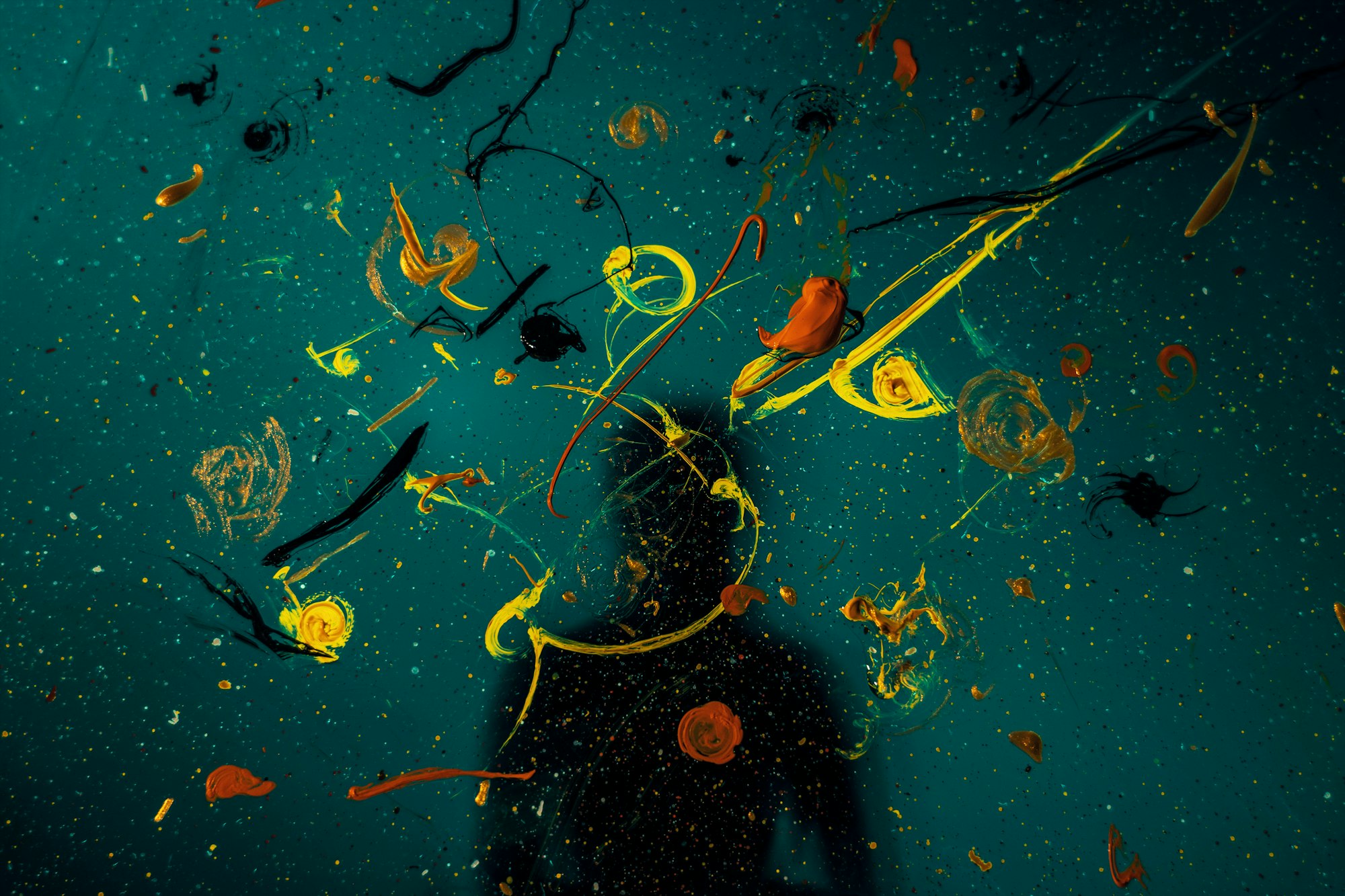Whatever your reason for composing music – whether for a music class, as a new source of expression while practicing your favorite instrument, or just because you’ve got tunes floating through your head that you really love –, you want to maximize your sources of creative inspiration.
In speaking with Flat’s community of 5M+ music lovers, we’ve heard some great ideas for how to find and use inspiration while making sheet music. Below, you’ll find some of the best. And of course, if you have your own ideas that could help your fellow composers, let us know about them in the comments!
How to find inspiration to begin composing music
One of the great things about music is its ability to touch a chord in our brains. Inspiration may not come from every song you hear, but it can come from any song you hear. That means you want to try to maintain an “active listening” mode, not obsessively hunting for a note or melody that speaks to you, but simply hearing when that little voice in your head says, “Hey, that was cool!”
As you develop your ear and better understand what speaks to you, you’ll naturally find more creative possibilities to use in composing your own music. What may start as just noticing a few notes in a song can develop into a full measure in your own work.
💡 Check out this article on how to turn a simple musical idea into a whole song!
Don’t forget the beauty of mixing genres, either. So many of the Flat users who have won our Monthly challenges talk about the eclectic mix of sounds they’ve heard throughout their lives. Stretch your listening, and you’ll soon find that your original compositions trend toward new, unexpected results. So click on the link to that new song, read a Wikipedia article about this key musical figure… We live in a world without musical limits!
Using music writing software for more creative possibilities
If you play piano, or guitar, or sing, it can be easy to get stuck in a musical loop, privileging the sounds that are most associated with your instrument(s). But how can you incorporate different sounds? After all, learning new instruments takes time, and that could well be time that you’d rather spend composing!
That’s why the right music writing software can itself serve as a source of inspiration, since online music composition tools offer a whole host of useful features: studio-quality instrument playback, advanced audio playback (tempo, reverb, etc.), and automated transpositions can all help you develop different sounds.
Plus, online music composition frees you from many physical aspects traditionally associated with composing. You don’t need to be sitting with your instrument, or even have a pen and paper – whenever a bit of inspiration strikes, you can just pull out your phone, open the app and compose. (And with Flat’s offline mode, you don’t even need an internet connection!)
💡 If you are still looking for the right music notation software for you, here you can find a list of the top 5 features to look for when choosing this tool.
Sharing sheet music and getting feedback
Founded by musicians for musicians, Flat’s music notation platform hasn’t only been designed to boost creativity by reducing the time spent on repetitive tasks and increasing the number of musical tools at your fingertips. It was also built from the ground up to maximize your ability to collaborate with your fellow musicians.
Because in the end, most composers want to have some sort of an audience, whether that be a close circle of family and friends or a sold-out stadium. By sharing your work with others, especially a well-meaning group of fellow composers, you’ll get feedback that goes beyond your own experiences and tastes.
💡 Learn how to publish a score in Flat here.
Don’t be afraid of your work “not being ready”, either. Like many vocations, writing music is an ongoing process, you’re always learning and evolving. A piece that might feel “done” today could be totally rewritten tomorrow, and a piece that feels “stuck” today could be sent toward the finish line thanks to a useful note from your newest follower.
Collaborate with others
Research shows that children show increased amounts of composing creativity when collaborating with others. And in our experience, there’s no reason to believe that trend doesn’t apply to all of us, no matter our age.
Famous collaborations are everywhere you turn in the history of music: the jam sessions that ended up becoming Exile on Main Street, Ella Fitzgerald and Duke Ellington recording “It Don’t Mean a Thing,” Queen and David Bowie coming up with “Under Pressure,” Elton John and Bernie Taupin’s entire careers together… the list goes on.
💡 Learn about the 3 keys to a successful collab here.
Collaborations have the magical ability to turn the efforts of two (or more) individuals into something very special, the whole being more than the sum of its parts. Indeed, all of this is why we make it a point to note that submissions to our monthly challenges can absolutely be a collaboration among multiple musicians. So if you’re looking for a creative burst, why not use an upcoming challenge, grab a musically-inclined friend, and see what you can come up with!
And remember, if you are looking for people to collaborate with, join our Discord server!
Happy composing,
